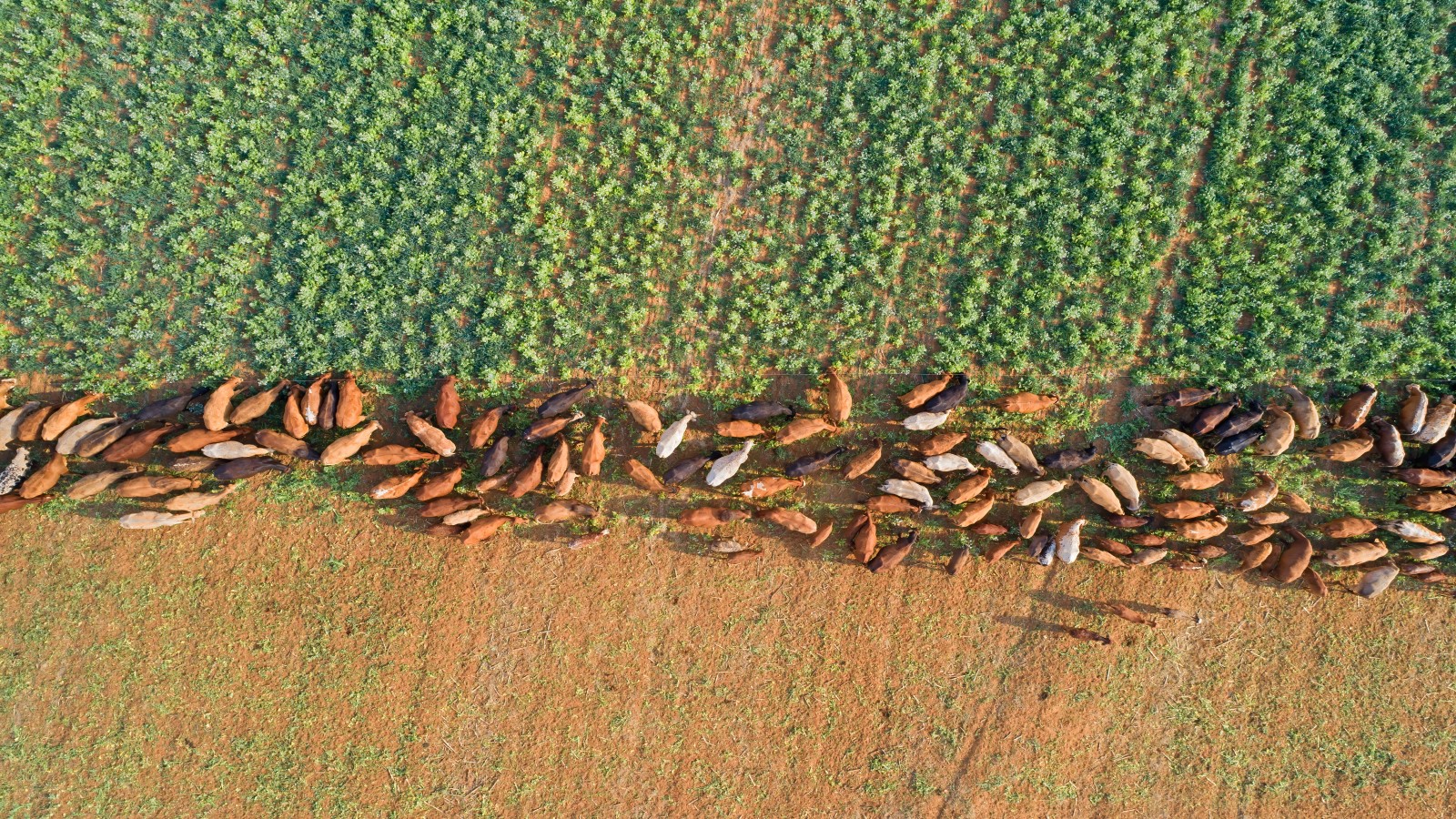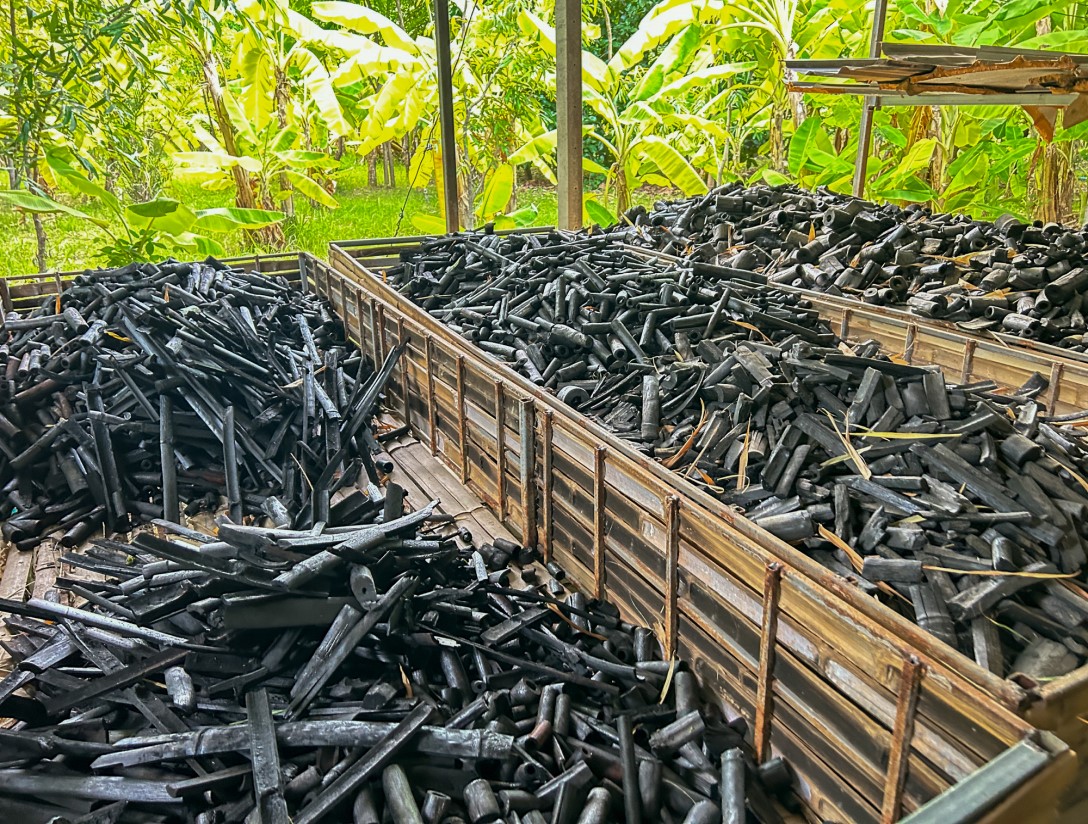Solutions to Reduce Post-Harvest Loss for Smallholder Farmers


Post-harvest loss is one of the biggest challenges facing smallholder farmers today, with up to 40% of food production lost annually—representing $1 trillion in global economic costs and a direct hit to farmer incomes. In India, Nigeria, and Kenya alone, these losses amount to more than $21 billion every year, undermining food security, increasing waste, and driving greenhouse gas emissions. To address this, Factor E was commissioned by the Shell Foundation, along with partners ISF Advisors, ArdMore Associates, and MicroSave Consulting, to map high-priority value chains and identify the points where interventions can deliver the greatest impact. The study emphasizes how distributed renewable energy (DRE) and low-cost technologies can transform post-harvest handling—through innovations in drying, storage, packaging, and market access—unlocking opportunities to raise farmer incomes while reducing emissions..
The report also showcases the results of a global innovation prize that screened nearly 800 solutions and spotlighted seven high-potential ventures tackling food loss with technologies such as solar-powered processing, ambient active packaging, biodegradable coatings, and farm-level micro-warehousing. These solutions were further evaluated through a techno-economic lens, revealing the models most likely to scale while delivering income gains and climate benefits. By connecting evidence-based insights with practical innovations, the report offers a roadmap to help over 850,000 farmers achieve a living income while avoiding or reducing 5 million tons of greenhouse gas emissions in the next five years. Read the full report to explore the leading technologies, business models, and investment opportunities shaping the future of smallholder farming.
{{button}}
full article
Thank you! You can now enjoy the full article



